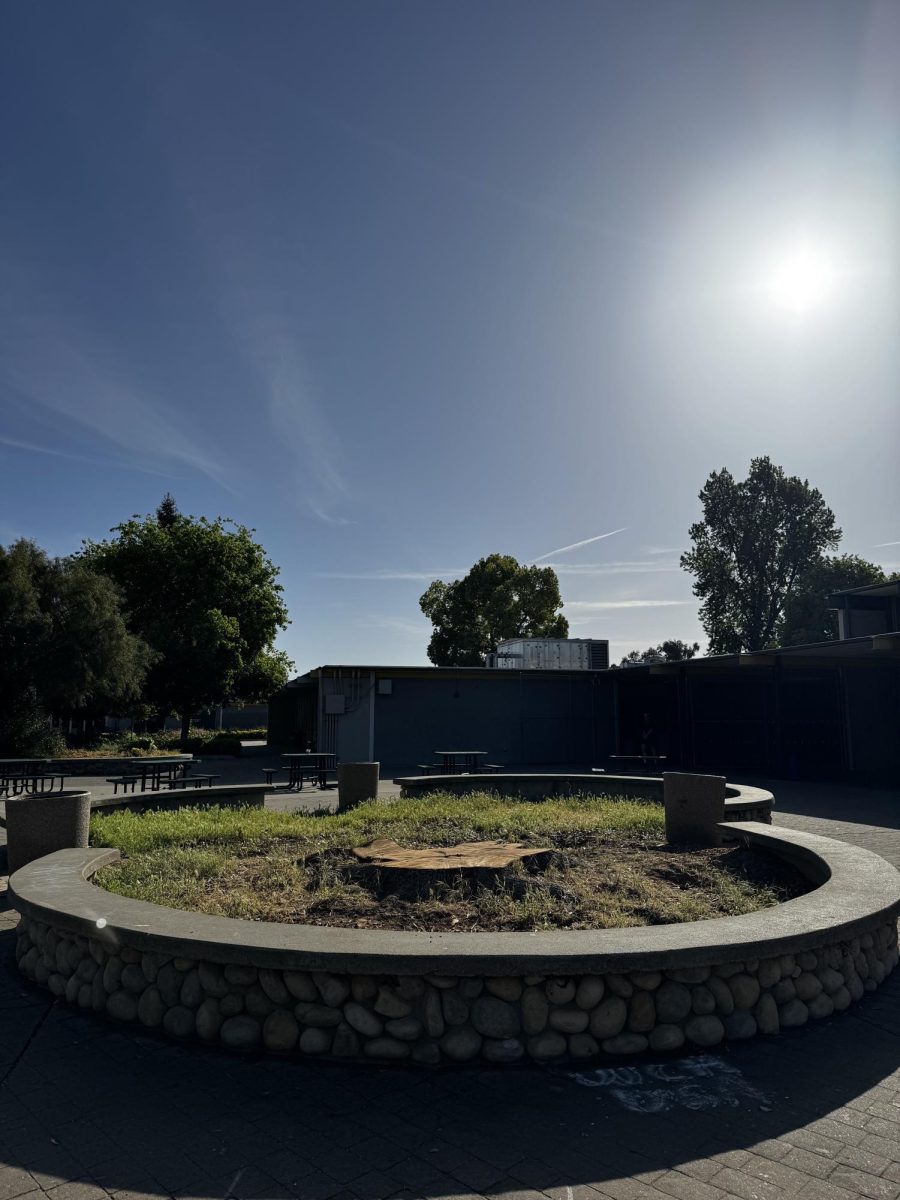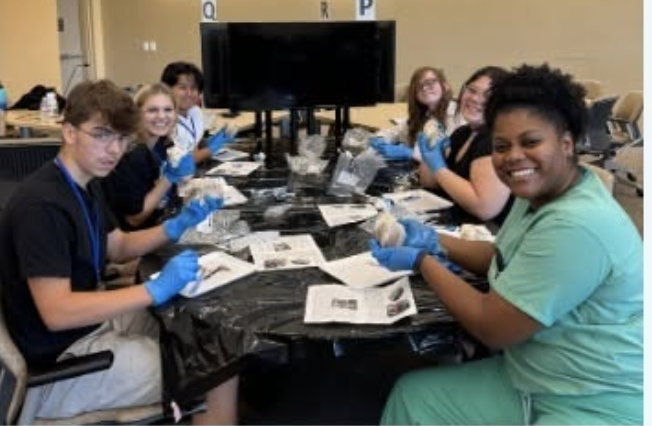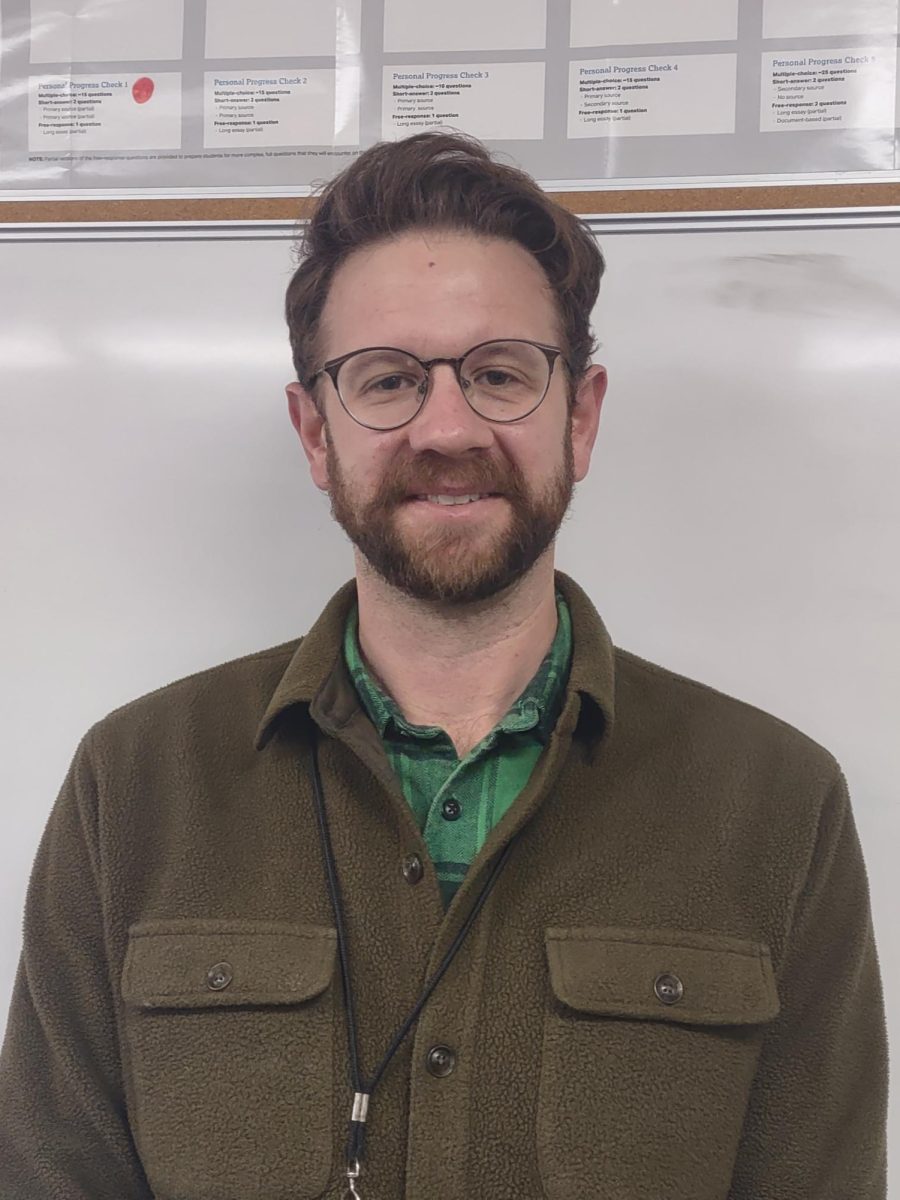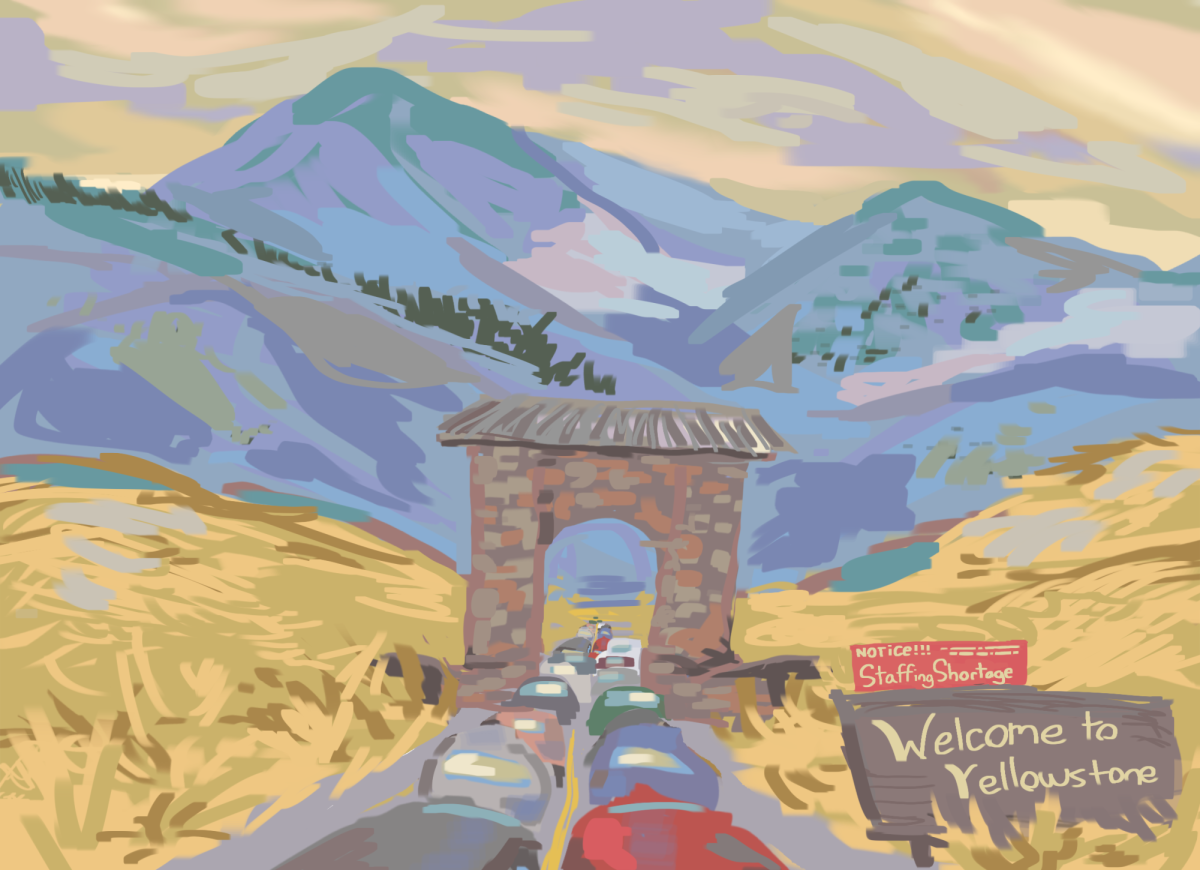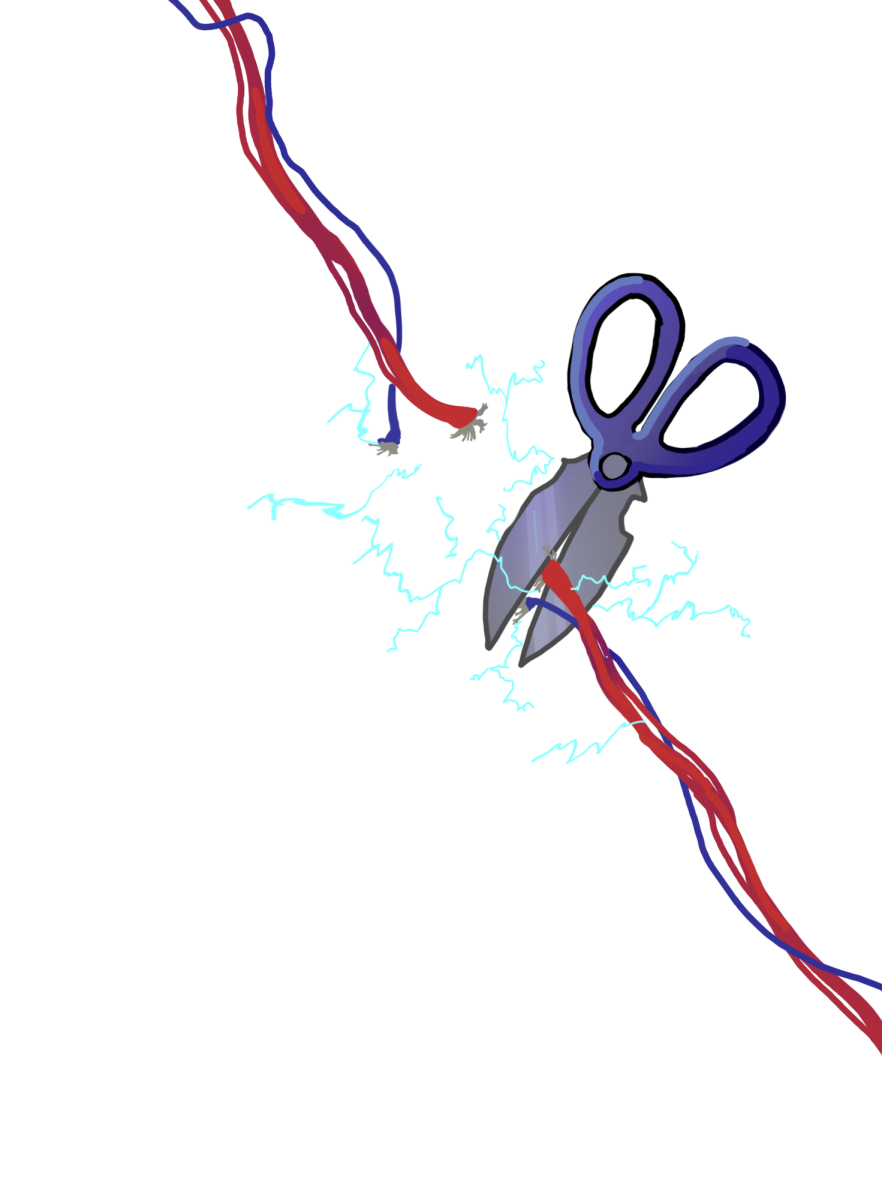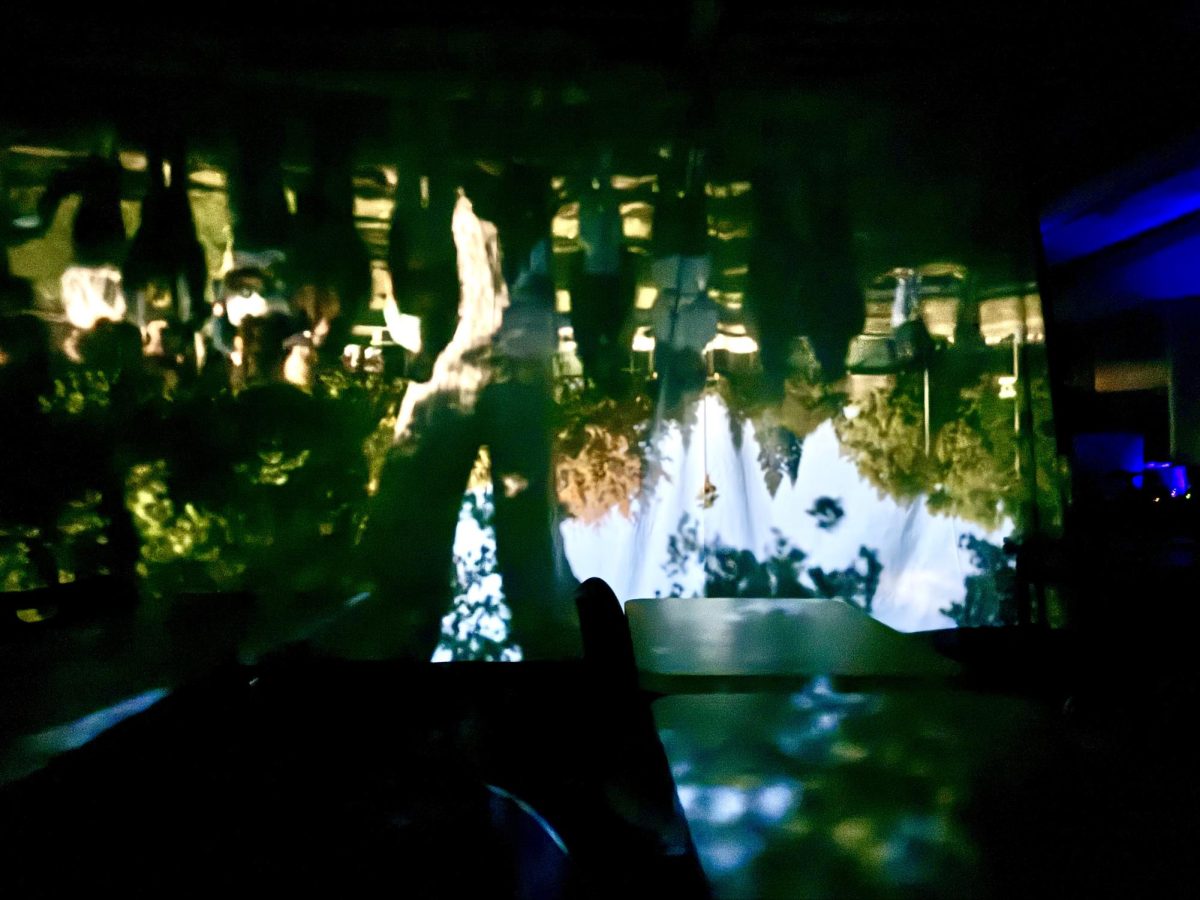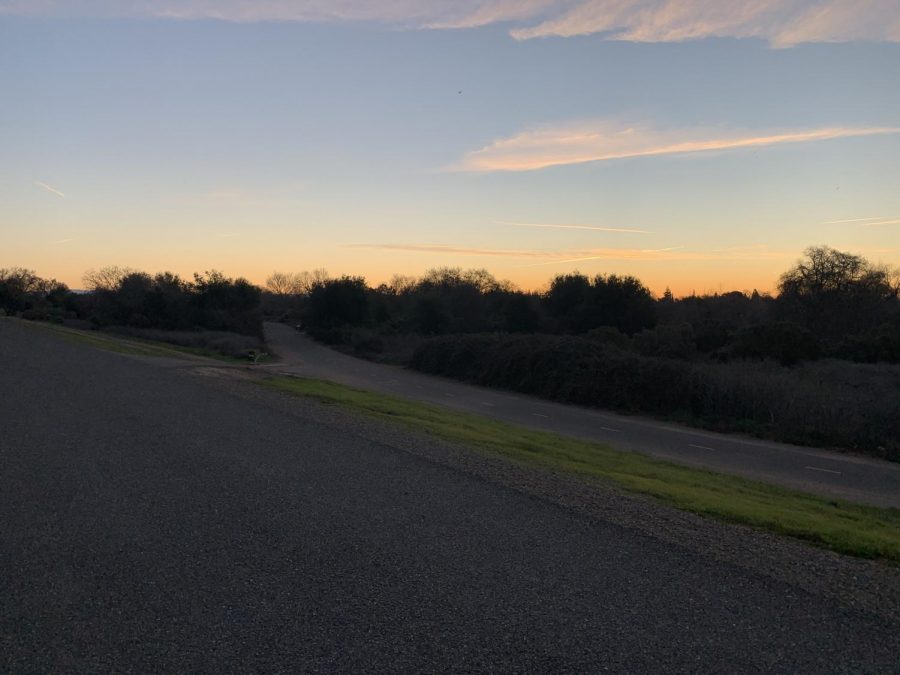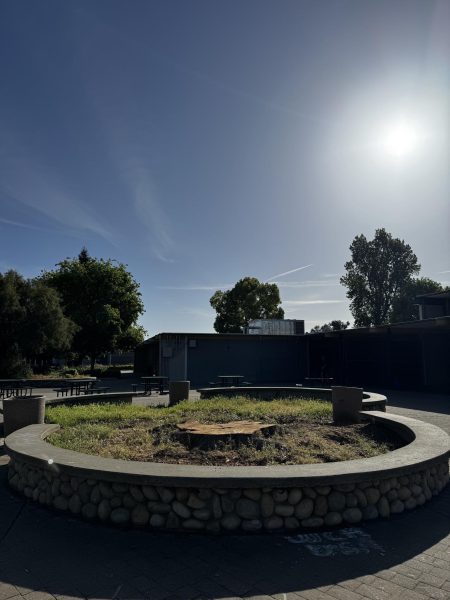American River Parkway Offers Many Attractions
Photo By Nicolas Gorman
American River Parkway at the Rio Americano High School Entrance
One of the gems of Sacramento sits right in Rio Americano’s backyard: the American River Parkway. The 32 mile trail stretches from Beals Point on Folsom Lake to Discovery Park in downtown Sacramento, with 15 parks along its path.
The parkway, also known as the Jedediah Smith Memorial Trail, was recognized as a national trail in 1974 and is known around the world among the biking and running communities.
The trail provides an ideal environment for exercise, from morning strollers to professional athletes.
Along the parkway are many river access points and dirt trails that welcome horses and mountain bikers.
The American River is also a crucial ecosystem in the Sacramento Valley. The Parkway is home to over 140 species of birds, 230 plants and several other animals.
The American River Parkway Foundation (ARPF) plays a vital role in maintaining and restoring the 4800 acres of nature that make up the Lower American River.
With lots of foot and bike traffic, this is no easy task. The Parkway receives more than eight million visits each year.
Currently the parkway is working on new projects including putting up new signage along the trail. These new signs are intended to be easier to interpret and more insightful about where on the trail one is and the surrounding nature.
The President of the ARPF Executive Board Mike Rizzo explains how the parkway is not only important to the community directly around it but to the region as a whole.
“It’s the only place in the country where you can ride a bike, run or anything for an extended period of time without encountering a stop sign,” Rizzo said.
Some people even chose to live in Sacramento for this amenity. From Paradise Beach to William B. Pond, the parkway offers numerous places for picnics and other fun activities in addition to the endless trails.
The ARPF’s staff aims to preserve the river, surrounding habitats and trails by educating the community about the environment and providing numerous volunteer opportunities. The ARPF organizes river clean-ups, the Invasive Plant Management Program, trail maintenance and the River Bend Outdoor Educational Site.
In the River Bend program, thousands of kids from underprivileged areas in the Sacramento region are brought to the parkway to learn about the different animals, uses and wildlife of the American River.
Though the parkway has many positive projects, it also faces some challenges.
Illegal camping is the number one challenge the parkway faces, a problem prominent throughout the entire country of Sacramentoo
As a nonprofit organization, the ARPF cannot directly enforce laws to diminish the issue, however they can urge the Sacramento County law enforcement as well as parks and recreation department.
“We would like to be a voice of the parkway to help ensure the decision makers understand the economic, environmental and quality of life issues that illegal camping presents,” Rizzo said. “Personally I do not allow that problem to hinder my use of the parkway.”
While homeless populations rise in the area, the fish population in the American River have declined since the early 2000s.
In 2003 over 160,000 chinook salmon made their fall run down the American River but by 2013 there was less than 60,000 and in 2018 there was just over 21,000.
Despite the homeless population around the river and the nearby parks, the parkway foundation and the city of Sacramento hope to use the parkway more as a venue.
“I don’t think we’ve ever utilized the parkway to the fullest,” said Rizzo.
Rizzo expressed a desire to use Discovery Park for more events. Currently the park hosts a three day rock festival Aftershock in addition to other local events.
Getting people to the parkway is a critical step in maintaining the trail and other resources, as more visitors leads to more donations and volunteers.
“The foundation is very well known for its volunteer opportunities there’s always room for more volunteers,” said Rizzo.
The ARPF offers individual, corporate and group volunteering opportunities. Each year, 5000 volunteers are employed to clear trails, removing trash and invasive species, and ensure that the parkway is accessible for all.
“I value the fact that you can be out there three minutes away from a city and you’re in a natural environment,” Rizzo said.



